DEPARTMENT OF BIOCHEMISTRY

Departmental Objectives
List of Competencies to Acquire
Faculty Members of Biochemistry Department
| Photo | Name & Qualification | Designation | Date of Birth & Joining |
|---|---|---|---|
 |
Dr. Pijush Karmakar MBBS, MPhil. (Biochemistry) |
Associate Professor & Head |
01-01-1985 01-01-2019 |
 |
Prof. Dr. Minati Banerjee MBBS, MPhil. (Biochemistry) |
Professor (Honorary) |
12-12-1959 06-11-2017 |
 |
Dr. Fatema Tuz Zohora MBBS, MPhil. (Biochemistry) |
Associate Professor (C.C) | 23-02-1986 01-01-2021 |
| Dr. Dalia Sultana MBBS, MD (Biochemistry) |
Assistant Professor | 31-01-1986 01-12-2021 |
|
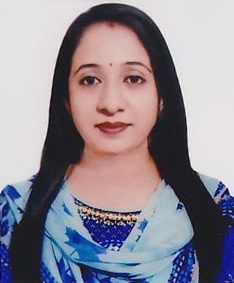 |
Dr. Tinni Rani Das MBBS, MD (Biochemistry) |
Assistant Professor | 13-12-1993 16-06-2025 |
 |
Dr. Meher Nigar Koli MBBS |
Lecturer | 19-09-1995 14-09-2021 |
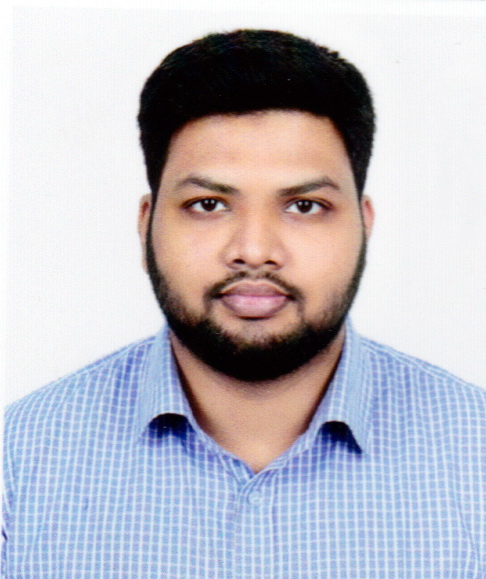 |
Dr. Md. Ekram Hossain MBBS |
Lecturer | 13-06-1993 05-03-2022 |
 |
Dr. Md. Saiful Al Mamun MBBS |
Lecturer | 01-01-1994 01-01-2023 |
 |
Dr. Chumki Singha Roy MBBS |
Lecturer | 20-10-1996 08-01-2023 |
 |
Dr. Farjana Ashraf MBBS |
Lecturer | 25-10-1997 19-03-2023 |
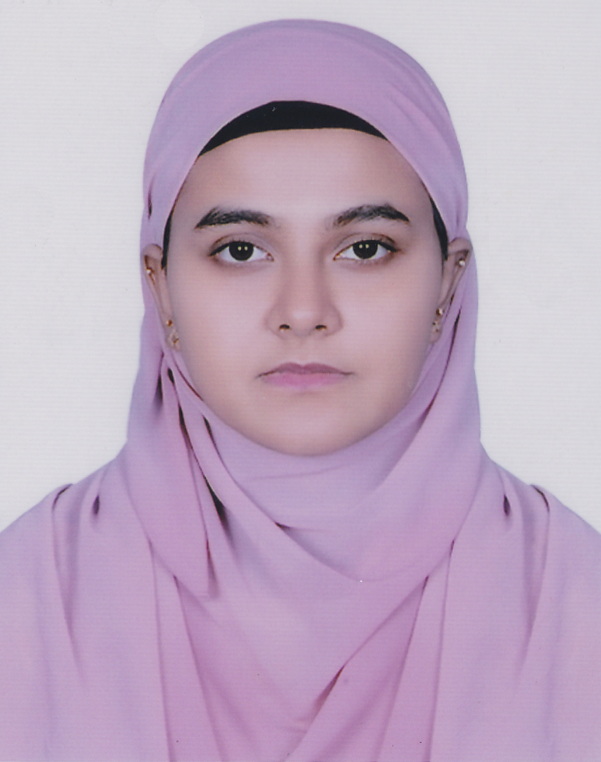 |
Dr. Tasnim Sultana MBBS |
Lecturer | 16-06-1998 01-06-2024 |
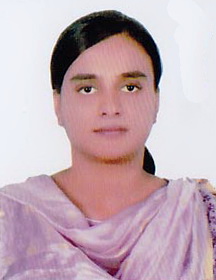 |
Dr. Asma Ul Hosna MBBS |
Lecturer | 25-11-1999 16-06-2025 |
| Guest Teacher | |||
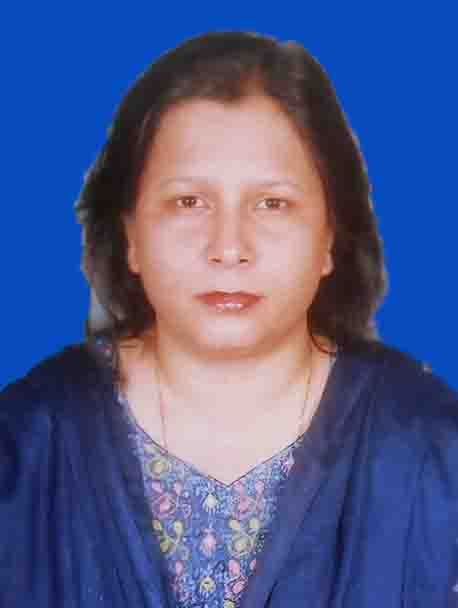 |
Prof. Dr. Sultana Parveen MBBS, MPhil (Biochemistry) |
Professor | |
Academic Activities
Research Activities